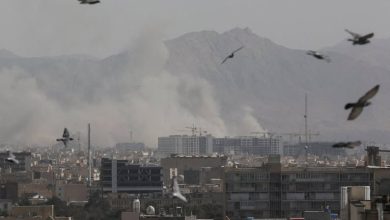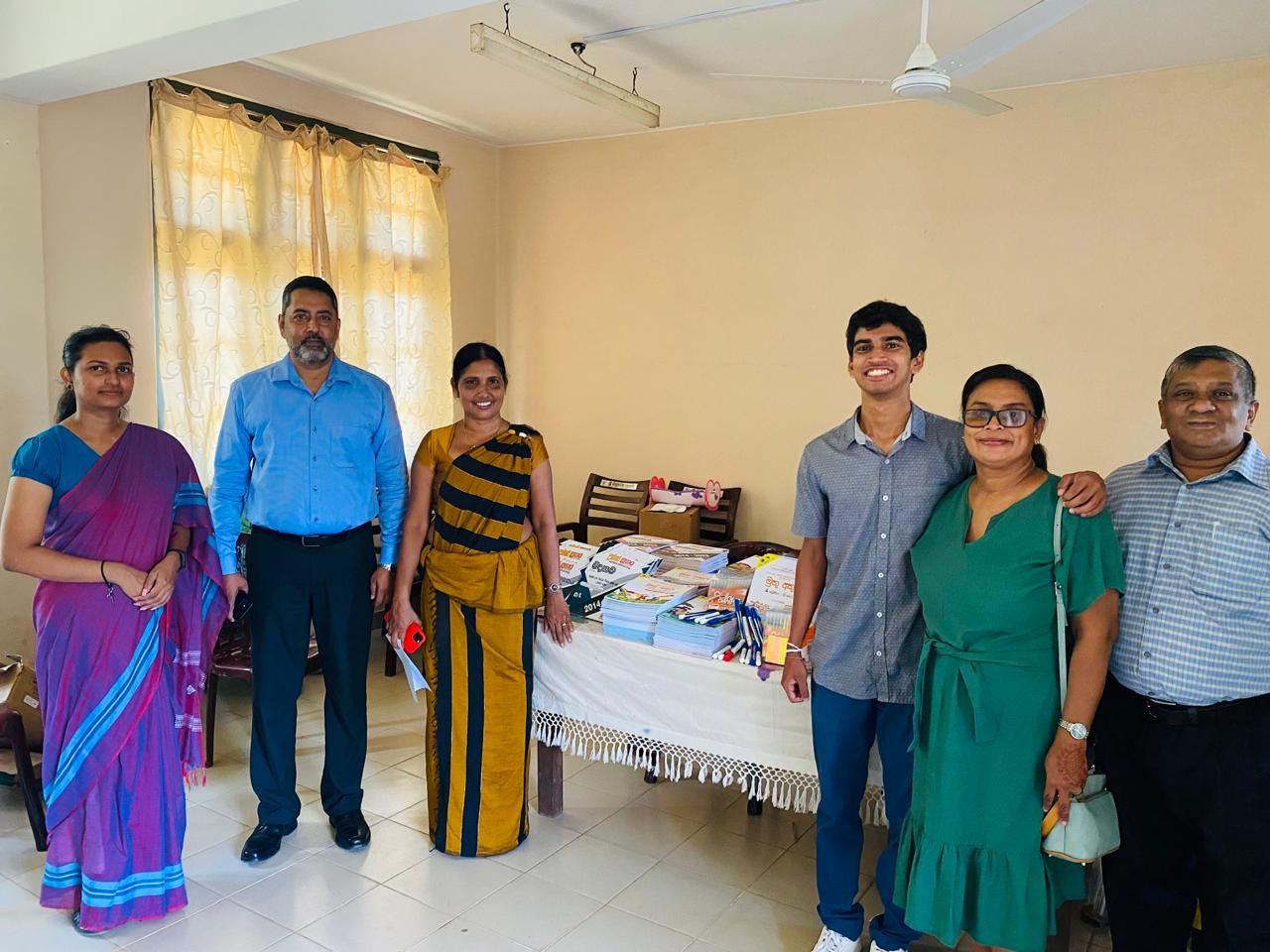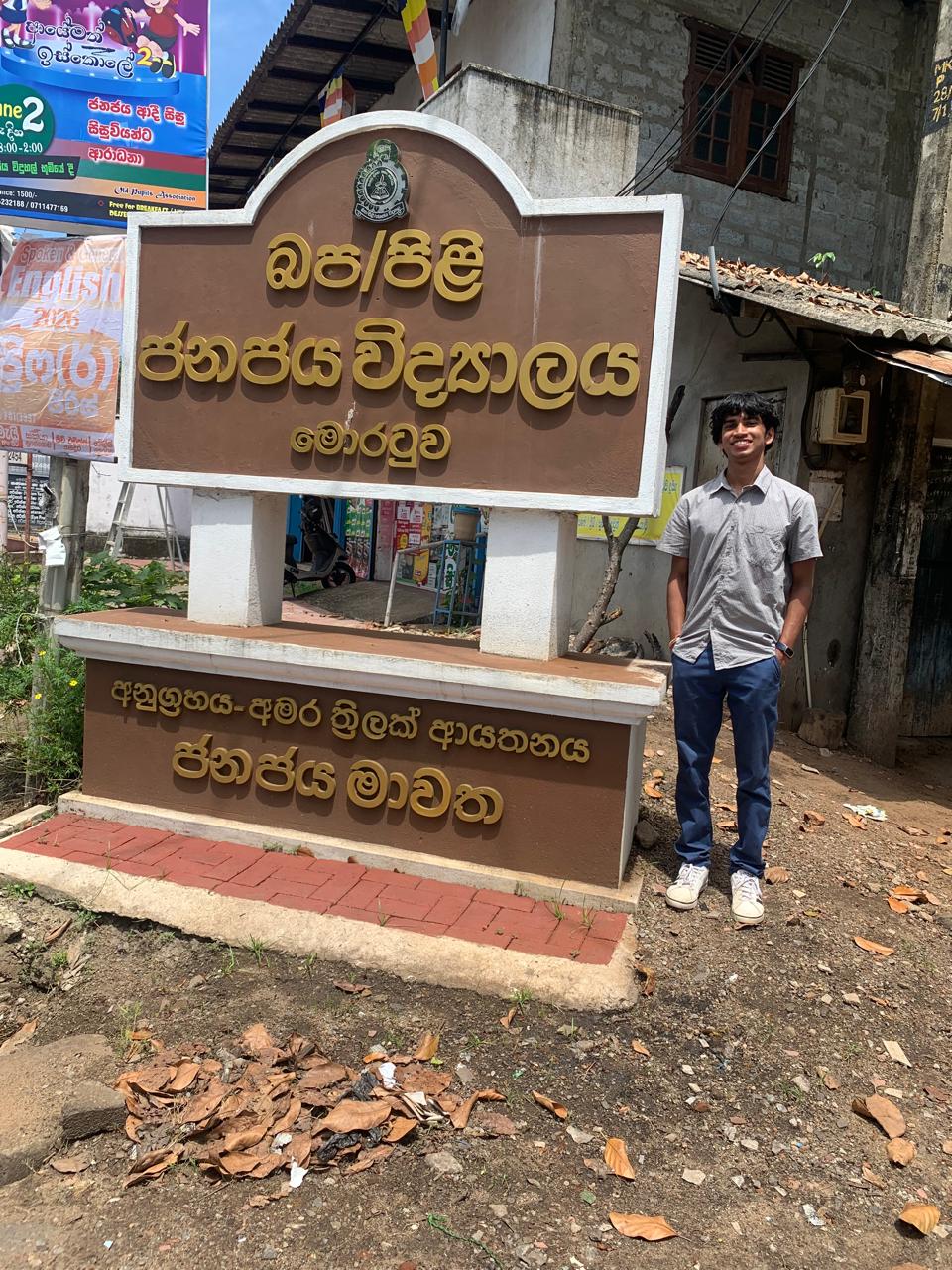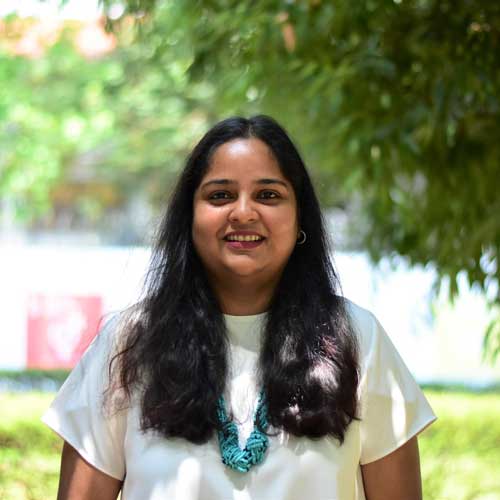THE STORY OF A HOLOCAUST SURVIVOR
Olga Horak
It’s amazing how we kept our spirits up
BY Danielle Parga
Olga Rosenberger – who was born in the capital of Slovakia, Bratislava – witnessed the Nazi regime turn her country Czechoslovakia into a puppet republic. The government agreed to severe laws that restricted the lives of Jews – they weren’t allowed to go to school, be out after dark, go to the movies or even sit on a park bench.
Jews were made to wear the yellow Star of David so they could be identified and openly persecuted on the streets.
In 1942, Olga’s sister Judith was taken in a round up of 16-year-old Jewish boys and girls to Auschwitz. Olga never saw her sister again.
Out of fear, her father decided they needed to escape the country. They crossed the border illegally through forests and rivers into Hungary. Yet, life in Budapest wasn’t easy because the family didn’t have papers or a home.
When the bombings began in 1944, Olga and her parents couldn’t take refuge in the shelters without being caught. They were often left on the streets, sleeping under roofs or tables. Eventually, they returned to Bratislava, crossing illegally over the border again.
Back home, Olga’s family had false papers stating they were American. But a cousin was found out and these documents were no longer secure. The family went into hiding with the help of a family friend but despite this friendly gesture, the same friend denounced them two weeks later – and they were first taken to a collection camp before being put in cattle cars to Auschwitz.
There, the family went through a selection process by Dr. Mengele. Olga never saw her father again after that day, along with her grandmother, aunts and cousins. She was taken with her mother to be stripped and shaven.
After a round of selections, Olga and her mother were sent to Germany into a camp where they were asked to carry logs and dig trenches. Olga recalls the other women singing songs at night and exchanging recipes to cook verbally, creating delicious meals in their minds – it’s amazing how even in the worst of conditions, they kept their spirits up.
One morning, the women were evacuated from the camp (Death March). They walked through the snow until reaching Gross Rosen. After a three-day break, they marched again until they arrived in Dresden. Eventually, they ended up in Bergen-Belsen where lice and typhus were rampant.
Despite this suffering and her starvation, Olga was supported by her mother. Having someone even in those extreme times helped people survive.
On 15 April 1945, British and Canadian troops accidently marched into Bergen-Belsen, the ‘death camp.’ They registered the inmates as ‘Survivors’ but just as her mother received her card, she collapsed and died. A day that was supposed to be celebratory turned out to be one of the saddest in Olga’s life.
Olga was taken to a German hospital but she wasn’t cared for – in fact, the doctors left her to die. When a Catholic padre from the British Army came to give her last rites, she said in English: “Thank you very much for your visit but I am Jewish, and I’m not going to die.”
Instead, she asked for a Rabbi from the British Army who arranged for her to be returned to the sick bay at the camp. She stayed at the camp until late August and was then transported to a hospital in Pilzen in Czechoslovakia.
Olga weighed only 29 kilos when she was placed next to a Catholic woman named Bozena. During their stay, the two became as close as sisters and when she was discharged, Bozena took Olga home with her.
Soon, Olga found distant relatives back in Bratislava who had also survived and she lived with them for two years before meeting her husband John.
The two were determined to leave Czechoslovakia and hoped to go to the United States or Canada. Unfortunately, the waiting lists for visas were as long as to six years. Eventually, they were granted a tourist visa to Switzerland before obtaining landing permits for Australia.
The couple arrived in Australia on 16 September 1949 where they established a business and had two children. When the children were young, they didn’t discuss their experiences because Olga wanted to maintain a happy home.
But as the children grew older, they began to ask questions about their missing family members and Olga explained what had happened. Today, telling her story remains important to Olga Horak and she has been a volunteer at the Sydney Jewish Museum since it was established.








